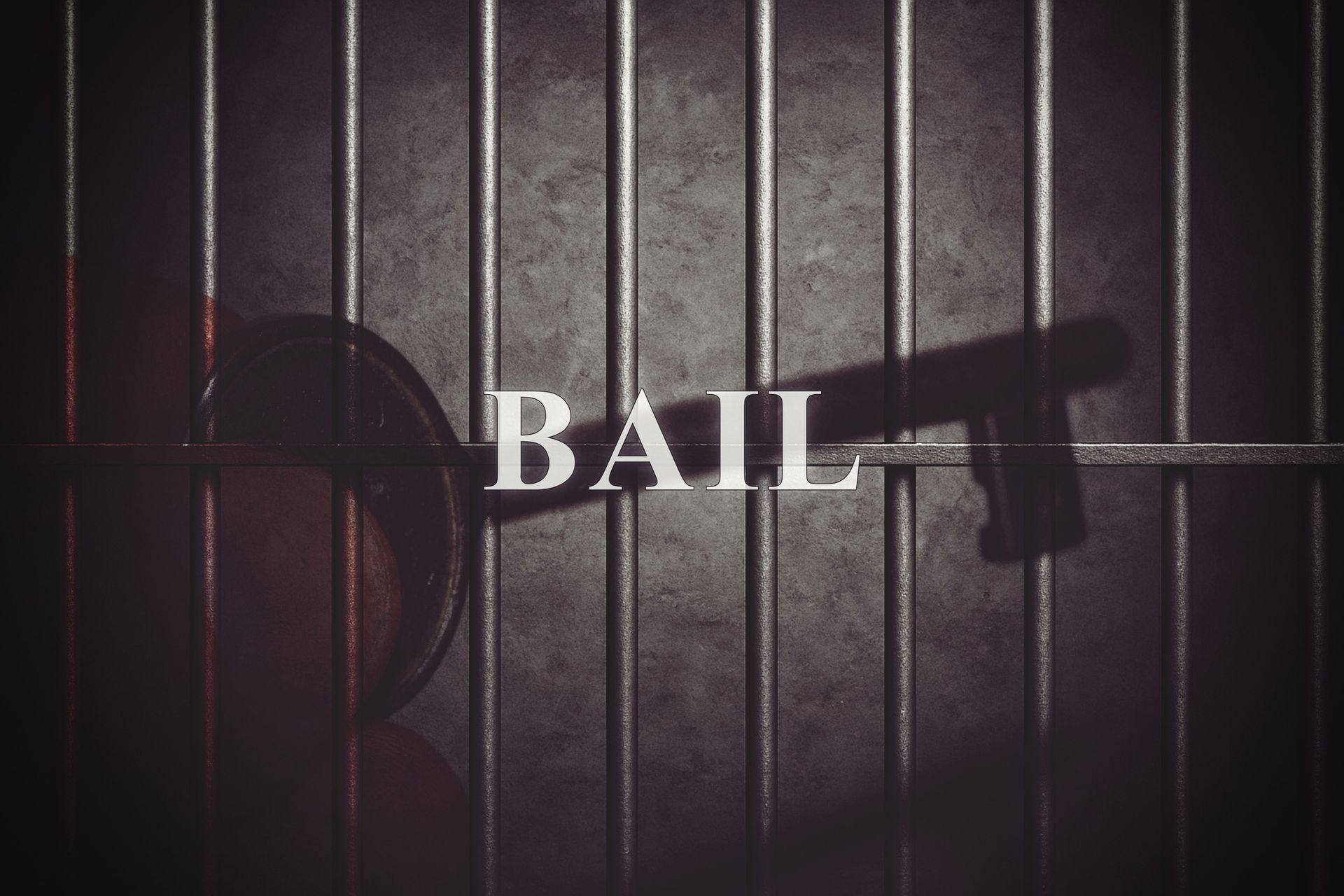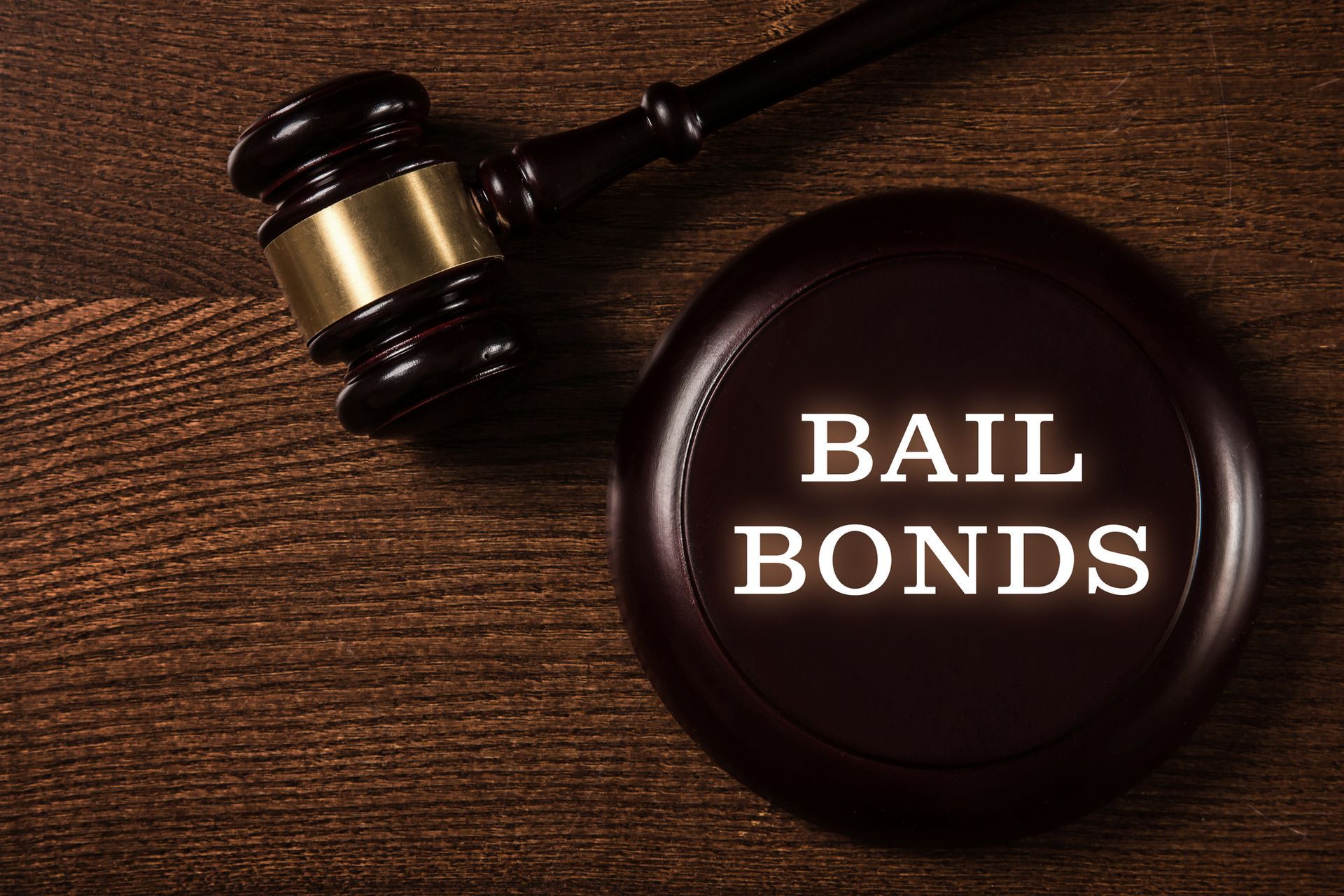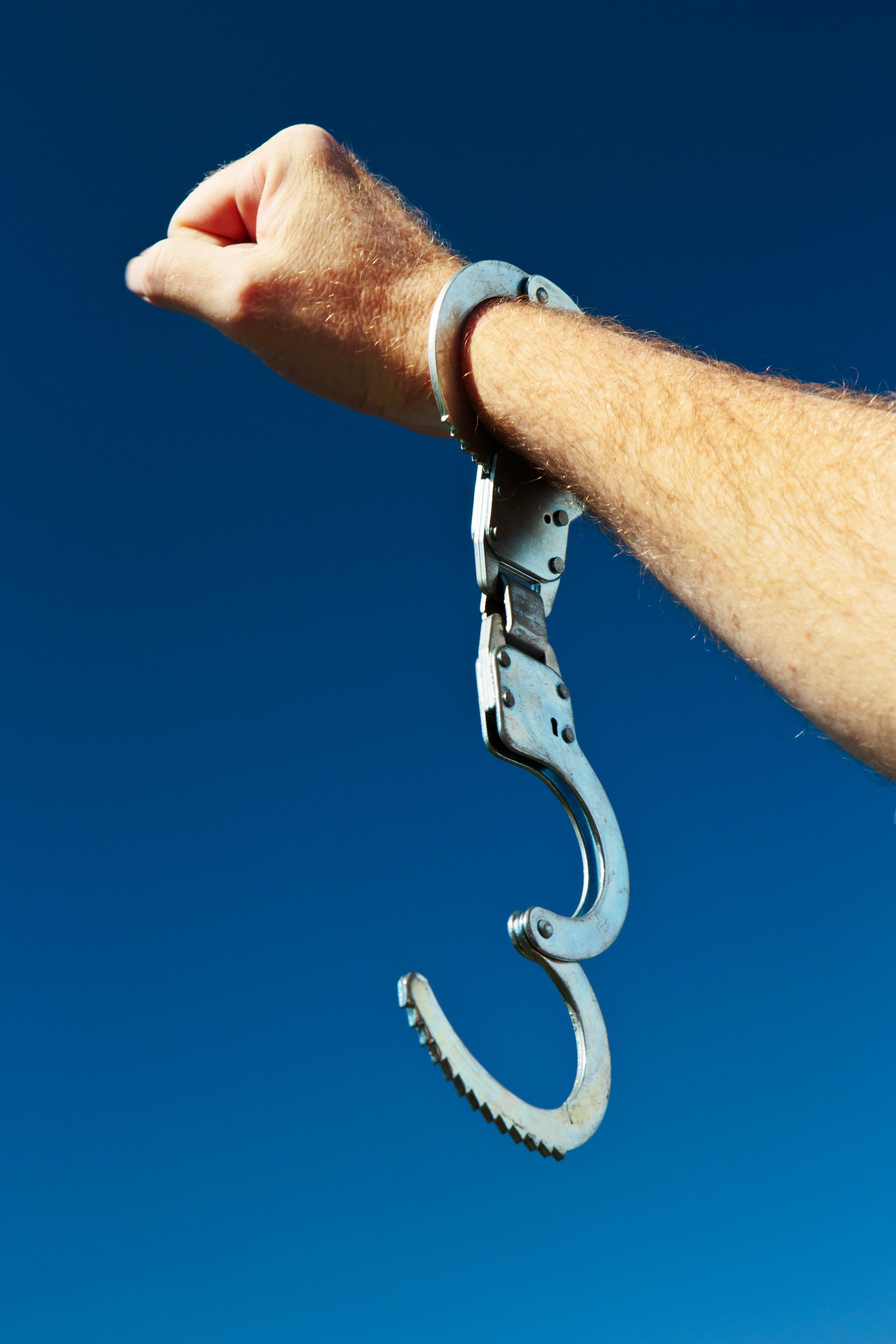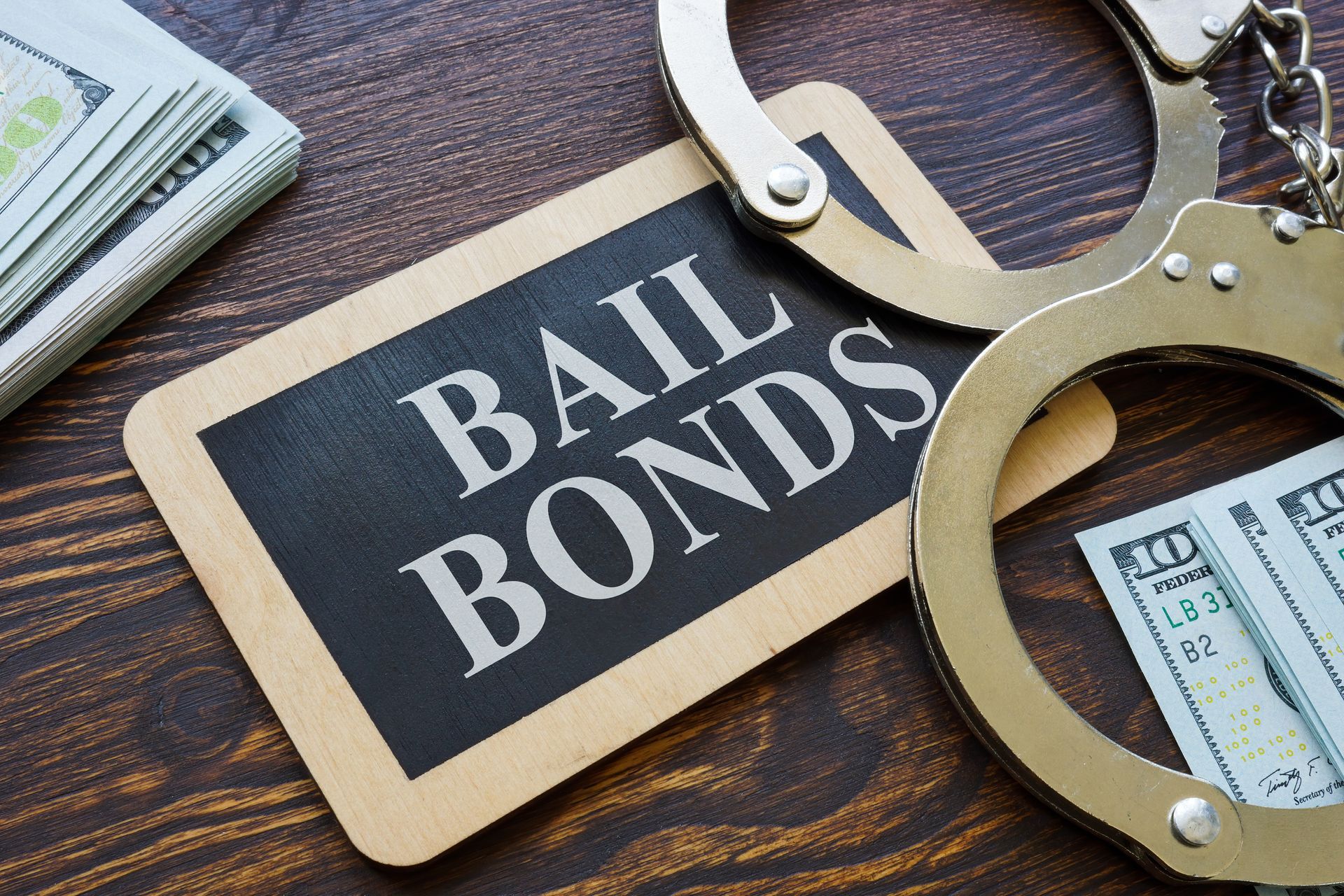7 DUI Post-COVID Roadblock Requirements In TN
Almost before the ink was dry on Michigan Department of State Police v. Sitz , the 1997 Supreme Court case which legalized DUI checkpoints, Tennessee authorities rolled out a comprehensive framework for such roadblocks. How, if at all, coronavirus will affect these regulations remains to be seen.
DUI checkpoints are especially common around July 4th and other national holidays associated with drinking and driving. Since July 4th was on a Sunday in 2021, police were out in full force throughout the entire three-day weekend. Once upon a time, there was broad public support for round-’em-up police tactics. But as police officer popularity has steadily declined, that support has also steadily eroded.
Back in the old days, courts were willing to overlook some checkpoint shortcomings as “technicalities.” Those days are gone. Now, courts strictly enforce checkpoint requirements. On a similar note, they also strictly enforce individual rights at these roadblocks. Drivers must obey basic commands and produce some documents for inspection. But they need not answer questions or even roll down their windows.
Strict enforcement of checkpoint requirements could affect jail release issues as well. The amount of evidence against the defendant is a factor to consider. Therefore, if there are some obvious problems with the checkpoint, the bail bondsman near you at Fizer Bonding Company might have an easier time arranging for jail release, even if there are some aggravating circumstances, like a chemical test refusal.
High-Level Authorization
The decision to allow checkpoints must come from the highest level. Usually, the state legislature must sign off on the concept. As mentioned, that’s happened in Tennessee, so we can check this requirement off the list.
But this authorization is only a general “checkpoints are okay” authorization. A high-profile appointee who is indirectly responsible to voters, like a police chief, must establish the how, where, and when of a specific checkpoint. For the most part, officers on scene can have no input or discretion when it comes to roadblock nuts and bolts.
These instructions must now arguably include some health and safety protocols. These rules could include contactless drivers’ license and auto insurance inspections as well as some sort of protocol for passenger window interactions. After all, DUI checkpoints exist to keep people safe, not to put them at risk. In our post-corona world, various additional protocols from checking out at the grocery store, to even a DUI roadblock, seem to be popping up every day.
Pre-Checkpoint Publicity
Before we get to the checkpoint itself, we should discuss this requirement. The coronavirus pandemic probably won’t expand this requirement, but it certainly won’t reduce it either.
This factor is not as vague as the “reasonableness” factor discussed below. But there is still some room for interpretation. Basically, the sponsoring agency must advertise the checkpoint in advance. These advertisements must give motorists a chance to completely avoid the area. A Tweet a half-hour before an officer says “pull over” clearly is insufficient. But there’s also no need to take out a full-page ad in the local newspaper a month before the checkpoint opens. There’s a lot of area in between these two extremes that police officials use as their advertising methods.
Adequate Safety Precautions
This phrase has taken on an entirely new meaning since the spring of 2020. In the DUI checkpoint context, adequate precautions now include personal safety, as well as roadway safety.
These precautions must go beyond the aforementioned social distancing and contactless requirements. Courts are pretty clear that coronavirus safety measures must make people also “feel safe”. So, these precautions probably include a facemask requirement, even if the officers are fully vaccinated and there is no such government requirement.
Roadway safety requirements remain as well. The safest place for a DUI roadblock is usually a straight portion of a four-lane surface street that’s at least a quarter mile away from the nearest intersection. Furthermore, officers must set up traffic cones to control the traffic flow. Large, intricate checkpoints like this are expensive to operate. But the sponsoring agency must foot the bill.
Reasonable Operational Limits
Location and duration are the two most important items in this area. As mentioned, an interstate or intersection is not a safe location. When people suddenly slow down or stop in these areas, accidents often happen. Think of all of the consequences from “rubbernecking” and slowing down when you see an accident on the road. On a related note, if the checkpoint nabs more than two or three drivers for non-DUI offenses, especially something like an outstanding warrant, or the suspect of drugs, the roadblock could have some reasonableness problems. There is no hard-and-fast rule as to what constitutes a “reasonable” duration. However, anything longer than about three hours is probably unreasonable.
Adequate Signage
This requirement is connected to the pre-checkpoint publicity requirement. Publicity gives drivers a chance to stay home or completely avoid the checkpoint. Signage must give drivers a chance to turn around before traffic backs up. If that happens, police officers have the right to follow you, and they probably will. However, in most cases, they must have reasonable suspicion to pull you over.
In ye olden days, officers sometimes set up “stealth” DUI checkpoints which vaguely resembled speed traps. Nowadays, officers have been reported to set up DUI roadblocks which resemble coronavirus safety stops. That’s clearly illegal and has seen backlash in their local communities.
Furthermore, the signs must usually give instructions, such as “Have Drivers’ License and Proof of Insurance Ready.” Drivers must be able to go through the checkpoint without interacting with officers. Otherwise, the roadblock violates the Fourth Amendment.
Neutral Formula
“Random” checkpoints are random in the sense that they appear at different places and at different times. They cannot be “random” when it comes to detaining motorists. Officers must follow a neutral formula, such as detaining every fourth vehicle. As mentioned, a police chief or some other holder of proper authority must establish this formula. Officers cannot wave some drivers through and pull over the ones who “don’t look right” or just look “suspicious”.
As far as Montgomery County bail bonds companies are concerned, this factor is probably the biggest one that will be seen with scrutiny. Judges have been known to throw out a checkpoint arrest in the blink of an eye if officers used it as a pretext to detain people based on biased decisions and assessments.
This requirement is closely connected to the next DUI roadblock requirement in Tennessee, which is…
Brief Delay
Under the law, checkpoints cannot unreasonably delay motorists. So, we’re back to the “what does reasonable mean” question. Typically, any delay longer than about sixty seconds is too long. The delay clock usually starts ticking when drivers pass the first “DUI Checkpoint Ahead” sign.
If traffic backs up and wait times extend, officers may usually alter the pull-over pattern. For example, the checkpoint plan might allow them to change from every fourth vehicle to every sixth vehicle, then go back to every fourth vehicle once traffic thins out.
For more information about bail release for DUI arrests and a FAST release from jail, contact the Clarksville, TN bail bondsmen at Fizer Bonding Company. We get your “tail outta jail” 24/7 Fizer Bonding Company is a proud member of the Tennessee Association of Professional Bail Agent s.
“We’ll get your tail outta jail!”
Fizer Bonding Company in Montgomery County Tennessee
(931) 449-9351
Fizer Bonding Company in Robertson County Tennessee
(615) 667-1109
**Disclaimer**
Be advised that www.fizerbailbonds.com or Fizer Bonding Company LLC is not an attorney or law firm and does not provide legal advice. If you are seeking legal advice consult with a competent attorney in your jurisdiction. www.fizerbailbonds.com provides information only and the site may include inaccuracies or typographical errors. No guarantees are made and the use of the website, content, and any information provided is at your own risk.
The post 7 DUI Post-COVID Roadblock Requirements In TN appeared first on Fizer Bail Bonds.











